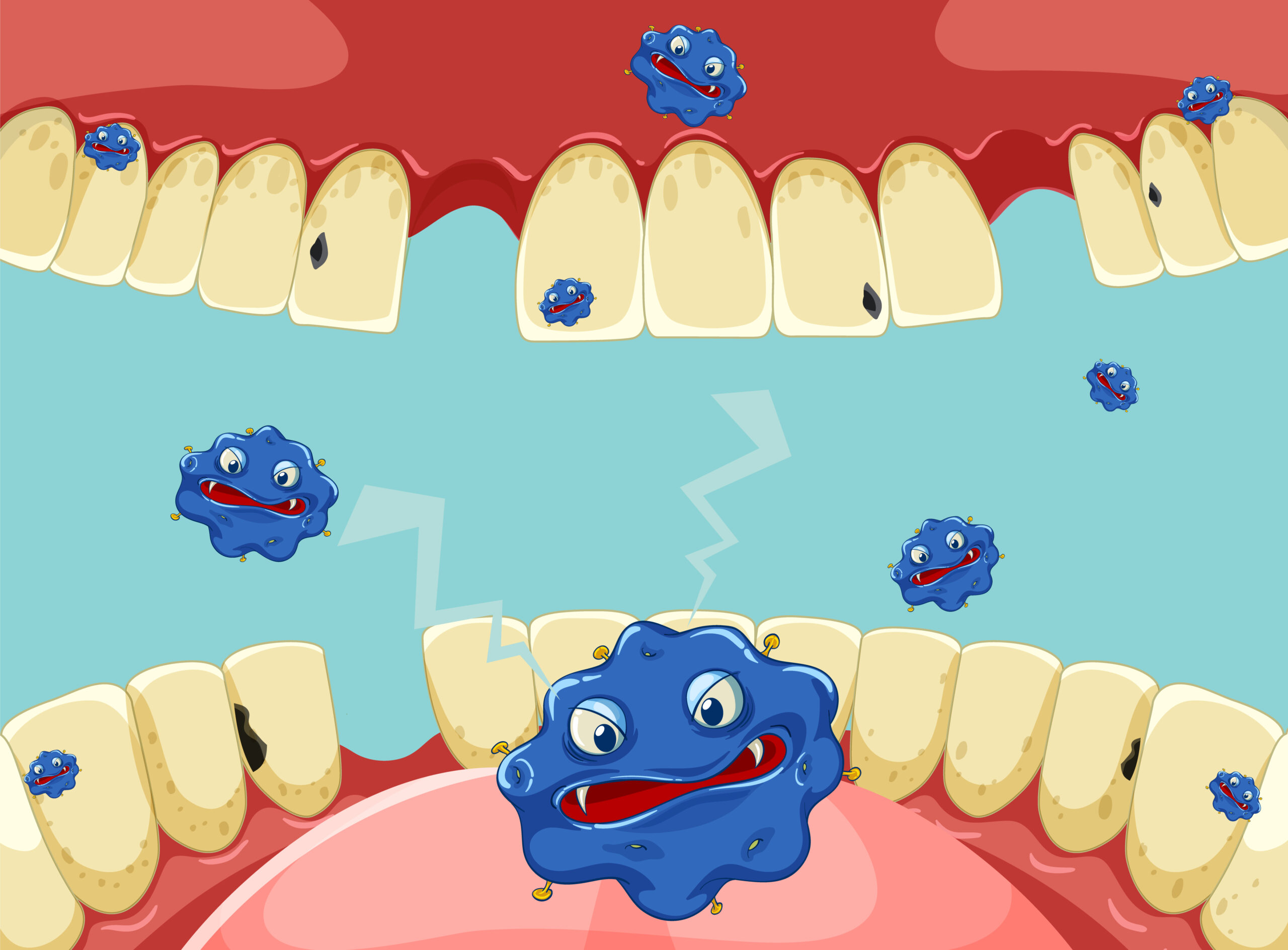
Ouch! It hurts. Is this your reaction every time you eat or drink? Does brushing your teeth feel like an electric shock jolting through your mouth? It’s because you, like many other people, have taken dental health for granted.
Ignoring oral health can have consequences beyond discomfort; they can lead to persistent pain, cavities, discoloration, tooth loss, and even serious infections that may need extensive treatment by a dentist or surgery by a professional oral surgeon to recover from.
One such common problem is periapical infections. Does that term sound unfamiliar? By the end of this blog, you’ll understand what periapical infections are, how to prevent them, and what symptoms to look out for to protect yourself from this painful dental condition.
Let’s get started.
What are Periapical Infections?
Periapical infections are oral infections that affect the tip of the root of your tooth. When bacteria enter your tooth’s pulp chamber through a cavity, crack, or other means, it often leads to periapical infections. These infections can cause inflammation, pain, and damage to tooth tissue.
A periapical infection can come in various forms, including:
- Periapical Abscess: When pus collects at the tip of the root of your affected tooth, it forms a periapical abscess. It often requires drainage and treatment to resolve the infection.
- Periapical Granuloma: This is a small lesion developed at the tip of a tooth root. If not treated, it might develop into a more painful infection like a periapical cyst or abscess.
- Periapical Cyst: This fluid-filled sac forms at the root tip due to a long-term infection. It is usually hard to detect early signs of a cyst, but when it grows, it can cause pain, swelling and redness.
How To Save Yourself From Periapical Infections?
Prevention is better than cure, and in the case of periapical infections, it is no different. To protect yourself, maintaining daily oral hygiene along with other precautionary measures is crucial. Here’s how you can do it:
- Regular Dental Check-Ups
No, regular dental check-ups are not necessary at all, only if you don’t mind eating and drinking with sensitivity and having painful sleepless nights because of a toothache. But if you really don’t want that to happen, then we suggest taking some time from your busy life for regular dental checks and cleanings. They will help you maintain oral hygiene and detect any early signs of any disease.
Generally, visiting the dentist twice a year is sufficient. But if you have chronic gum problems, your dentist will recommend you to an experienced oral surgeon, who will make better suggestions based on your needs.
- Healthy Diet for Healthy Gums
Those burgers, pizzas, and pastries are good for your taste buds but not for your gums and teeth. Sugary, high-starch foods are the real enemies of your oral health. You must reduce the intake of these food items.
However, reducing the “bad” is not enough; you must support your gum health with a healthy diet. Include vitamins C and B12, omega-3 fatty acids, and calcium-rich foods in your diet.
- Fluoride and Dental Sealants
Your molars and premolars, also known as back teeth, have many ridges and fissures that make them prone to decay. Fluoride treatments and dental sealants can protect these areas.
Your dentist can place a protective layer on your back teeth to protect them from harmful cavity-causing bacteria so that they can be your long-term companions.
- Avoiding Tobacco and Alcohol
Excessive tobacco and alcohol consumption weakens your immune system, diminishing the body’s ability to fight infections. Additionally, tobacco restricts blood flow to the gums, making it harder to detect infection symptoms.
Apart from bad breath, gum disease, and teeth discoloration, excessive consumption of these items can also lead to your worst nightmare—oral cancer.
- Treating Cavities Early
A cavity or damaged area in your tooth can cause severe pain and sensitivity. If you detect and treat it early, you can avoid painful days. Look for symptoms like toothache, tooth sensitivity, visible holes, bleeding gums, etc.
If you detect a cavity, seek advice from expert dentists as soon as possible to let them treat it before it becomes more severe, like periapical infections.
- Proper Care for Dental Appliances
If you are someone who uses retainers, dental crowns, or mouthguards, you must know how important it is to take proper care of them.
Regular cleaning, careful handling, and proper storage are essential. Otherwise, dirty appliances can become a hub for bacteria and fungus, causing oral infections like gum diseases and decay.
Recognizing Early Signs of Periapical Infections
Following the tips above can help you avoid periapical infections. However, even with preventive measures, infections can still occur. Stay alert and watch for these symptoms to detect infections early:
- Intense, persistent toothache, often worsening when lying down or applying pressure to the affected tooth.
- Sensitivity while eating or drinking something that is hot or cold.
- Swollen gums that can extend to the face, neck, or cheeks.
- Red, inflamed, and tender gums around the affected tooth.
- Frequent fever.
- Bad breath or a foul taste in the mouth due to pus draining from the abscess.
- The affected tooth may appear darker compared to the surrounding teeth.
Conclusion
Keeping up with regular dental care practices can be tough, but it’s easier than dealing with those painful periapical infections. Now that you already know what periapical infections can be, you must try your best to prevent them.
If you have already fallen victim to these infections or any other dental problem, visiting an expert dental care hospital is the first and most crucial step. If ignored or not treated properly by experts, these infections can lead to serious complications. We suggest you visit a dental care hospital so they can diagnose the specific type of infection, determine its severity, and recommend the most appropriate treatment.
At Gnathos Dental, with advanced techniques like periapical surgery, our experienced dentists can effectively treat periapical infections and prevent their recurrence.
From the initial consultation and personalized treatment planning to meticulous surgery and post-surgery care and advice, we ensure you get the best experience while maintaining transparency throughout the process.


